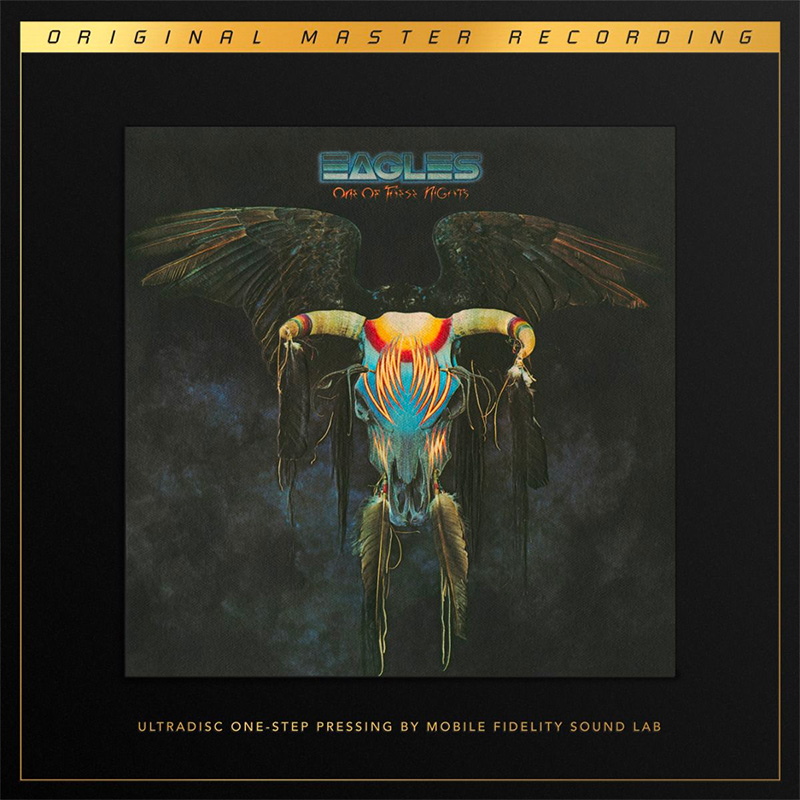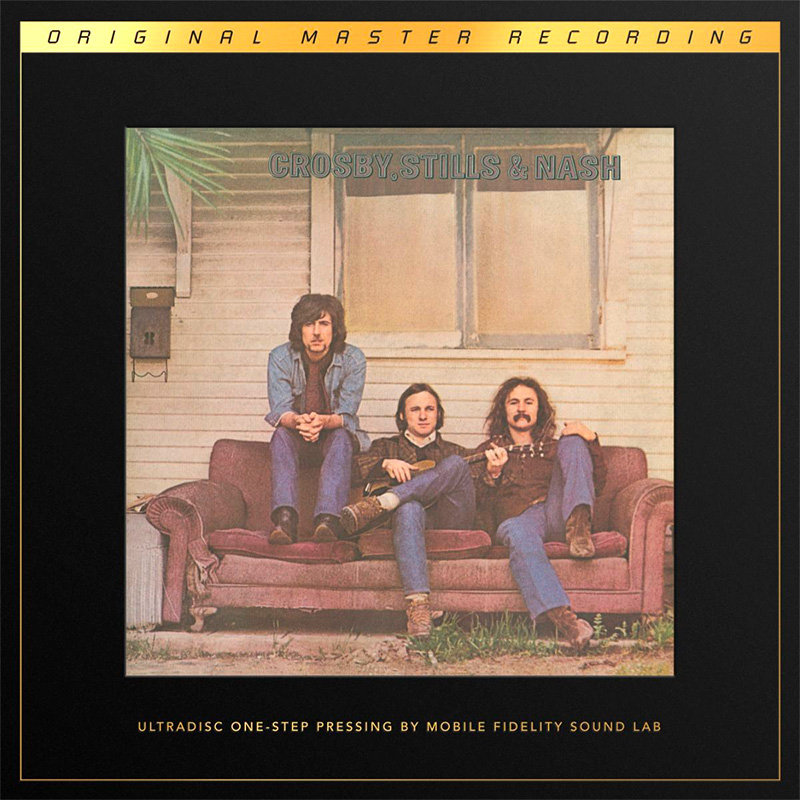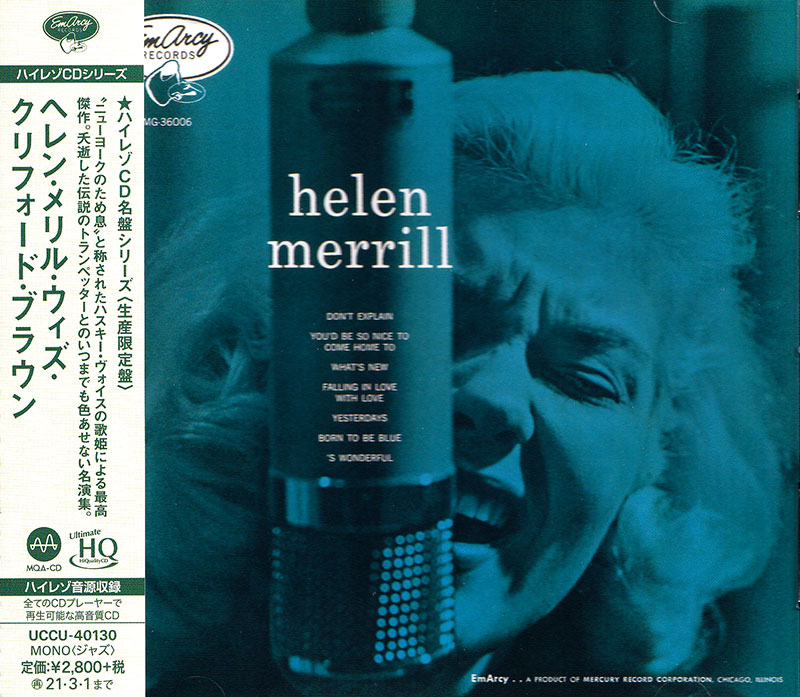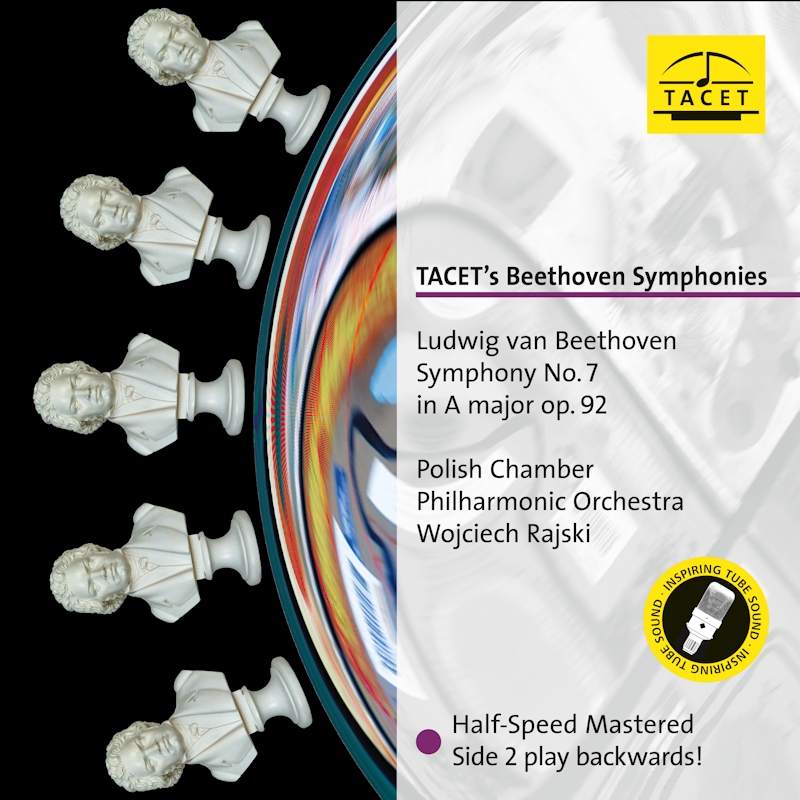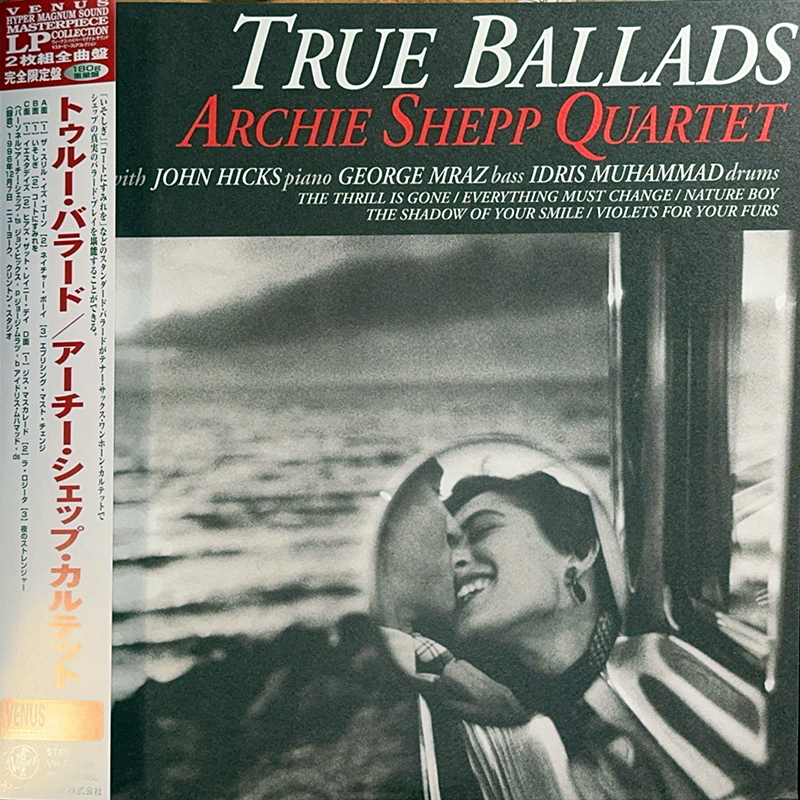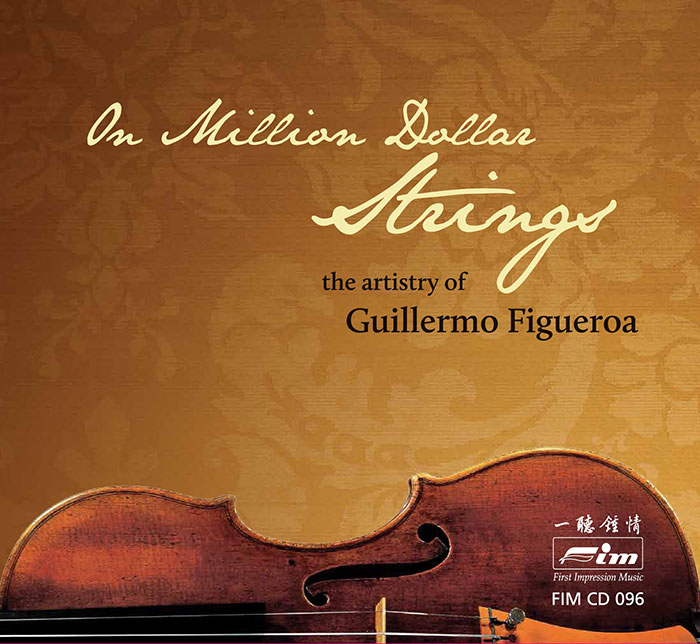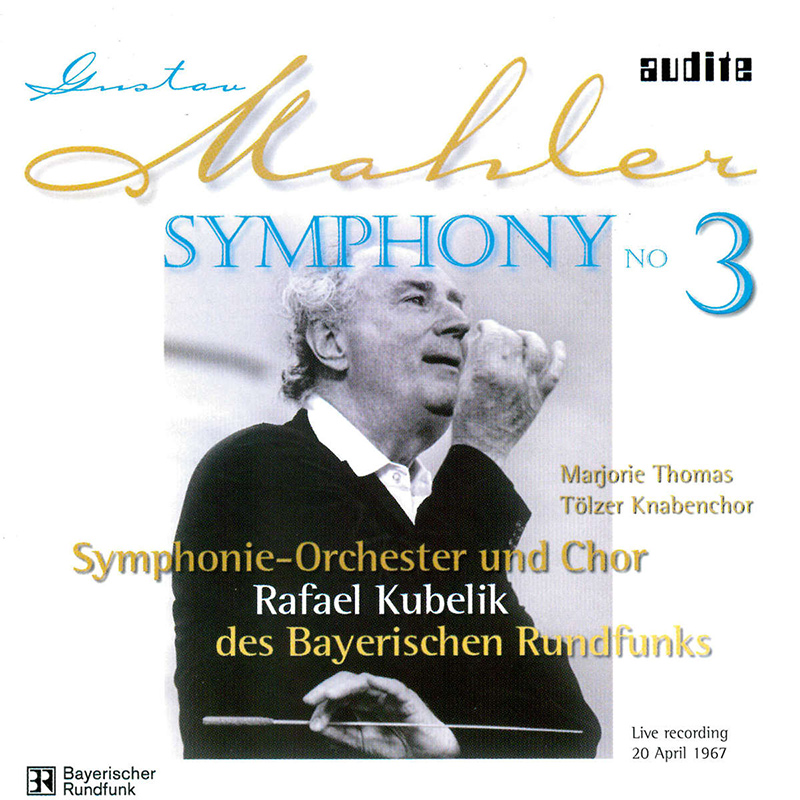Logowanie
OSTATNIE EGZEMPLARZE
Jakość LABORATORYJNA!
ORFF, Gundula Janowitz, Gerhard Stolze, Dietrich-Fischer Dieskau, Deutsche Oper Berlin, Eugen Jochum
Carmina Burana
ESOTERIC - NUMER JEDEN W ŚWIECIE AUDIOFILII I MELOMANÓW - SACD HYBR
Winylowy niezbędnik
ClearAudio
Essence MC
kumulacja zoptymalizowana: najlepsze z najważniejszych i najważniejsze z najlepszych cech przetworników Clearaudio
Direct-To-Disc
PIAZZOLLA, ChamberJam Europe
Tangos del Ángel y del Diablo
Direct-to-Disc ( D2D ) - Numbered Limited Edition
MAHLER, Marjorie Thomas, Rafael Kubelik, Symphonie-Orchester des Bayerischen Rundfunk
Symphony No. 3
- Marjorie Thomas - contralto
- Rafael Kubelik - conductor
- Symphonie-Orchester des Bayerischen Rundfunk - orchestra
- MAHLER
"Ein charakteristischer Ausschnitt für das Mahler-Bild von Rafael Kubelk: beredt, frisch, voller Liebe zum Detail, das er mit äußerster Genauigkeit ausformt. ...Sein Klang ist in jedem Augenblick transparent, ja ungewöhnlich hell, ... Unter seinen Händen entsteht ein filigranes Netz, ein in sich bewegtes Spiel von Linien, die auf wundersame Weise, miteinander verbunden zu sein scheinen." (SWR) "Now just imagine a work so grand that it actually reflects the entire world... All of nature receives a voice in it, and it tells such deep secrets that one possibly imagines oneself to be dreaming." (Gustav Mahler in a letter to Anna von Mildenburg, Summer 1896) Gustav Mahler's conception whilst composing his Third Symphony was nothing less than the embedding of man in nature as the all-embracing cosmic power - the Third Symphony, with which the meanwhile renowned audite series of Mahler Symphonies with Rafael Kubelik and the Bavarian Radio Symphony Orchestra is being continued. The Third has the reputation of being problematical - not because of any lack of quality, but because a contradiction exists between the claim made for the work described above and the completed work itself. Mahler gave each movement a motto, later not published, seizing upon certain natural phenomena (Pan Awakens, What the Flowers on the Meadow Told Me, etc.) However, the musical realisation reveals the (for him) so typical gap between almost naive joy of living and plunges into the deepest of despair - the unbroken representation of nature as a security-giving power cannot succeed and is, in its hopeless failure, a shockingly visionary anticipation of the catastrophes of the coming twentieth century. The work appears in a live recording made in the Hercules Hall of the Munich Residenz on 20 April 1967. >>> WYBRANE RECENZJE Z PRASY ŚWIATOWEJ <<<
